By using the case method, I realize that I can acquire practical knowledge and a strong sense of know-how by putting myself in the shoes of top management.
Yusuke Masai
Graduate, March 2017
As your career progress, it becomes apparent that the skills required to be successful in business are very different from the skills required to be a successful leader. The reason is that leadership demands more than management knowledge or skills; it demands a will to evolve. In business, leaders must transform their companies or organizations in order to redefine how success can be achieved.
Our EMBA program, led by experienced practitioner faculty members, has nurtured more than 1,000 next-generation leaders through intensive lectures that make the most of their weekends. These lectures hone leadership sensitivity by simulating management decisions through case studies of as many as 200 companies in an academic year. In addition, through participant-centered class discussions in the case method, course participants learn the business ethics required of leaders in order to maintain trust, loyalty, and drive towards a unifying vision.
The University of Chicago Graduate School of Business was the first school in the world to introduce the Executive MBA (EMBA), which was launched in 1943 as an MBA program for professionals with extensive work experience. Since then, the EMBA is often used in the U.S. and Europe to distinguish programs for seasoned veterans of business from standard MBA programs. While admission to MBA programs does not necessarily require working experience at some institutions, the EMBA, by definition, must.
Following the lead of other top business schools around the world, we debuted our own EMBA program in 2003: the first of its kind in Japan. The program is designed for professionals who aim to become core members of their companies and who have at least 8 years of work experience (recommended 15 years). Since our school is a weekend graduate school for professionals, even the busiest of C-suite level executives and managers are able to participate in this program.
In the EMBA program, students will acquire management/administrative skills based on a company-wide perspective. Students will improve their leadership skills by acquiring the ability to logically analyze the current situation, identify problems, provide solutions and formulate management strategies. As a result, businesspeople who have studied in our EMBA program have not only been promoted to management positions, but have also grown to play a central role in their companies by changing their careers from sales to marketing. In addition, the leaders who are currently working in management positions have become true general managers who can lead not only their companies, but also entire industries.

# 1 in Japan

# 1 in Japan

# 15 in Asia
Our school is the first in Japan to be ranked (1st in Japan, 18th in Asia Pacific) in the Financial Times Business School Rankings (commonly known as "FT Rankings"), the most trusted and influential business school rankings in the world.
The FT ranking is characterized by the fact that 70% of the total evaluations are related to post-graduation outcomes and internationalization. In the world of business schools, the FT Ranking is considered as a "cost-benefit ranking" of MBAs as an educational investment, so to speak, where the increase in salary after graduation is questioned. With this prestigious recognition, we are committed to international education and research activities in order to further improve the quality of our programs.
| FT Ranking | QS Ranking | Business School |
| #1 | N/A | The Hong Kong University of Science and Technology |
| #2 | #4 | Chinese University of Hong Kong |
| #3 | #6 | CEIBS - China Europe International Business School |
| #4 | N/A | Shanghai Jiao Tong University: Antai |
| #5 | #3 | National University of Singapore |
| #6 | #5 | Nanyang Business School |
| ¦ | ¦ | |
| #16 | #8 | Melbourne Business School |
| #17 | N/A | National Sun Yat-sen University |
| #18 | #15 | NUCB Business School |
The EMBA curriculum is specially designed to help students acquire the ability to look at management as a whole, which is necessary for executives and managers. The EMBA curriculum is categorized into six areas, providing students with comprehensive business management skills, strategic thinking methods, and visionary skills and knowledge required of business leaders.
READ MORE
More than 90% of our faculty members are practitioners who have been active on the front lines of business. They have passed a number of strict international standards set by AACSB, EQUIS, and AMBA, such as practical experience related to their teaching fields and publications. Eschewing the unidirectional academic lectures for training researchers, we provide practical learning directly related to the business by reflecting on the experience and knowledge gained from veteran viewpoints.
READ MORE
The importance of global management and diversity management give new value to exposure to new perspectives. The opening of channels for the exchange of information and the strong human network that results are enduring benefits of study at our school. The bonds forged through rigorous discussions and collaborative learning have developed into new businesses that transcend the boundaries between cultures, generations, and industries.
The majority of our EMBA students are in their late 30s or early 40s, and half of them have 10 to 20 years of work experience. The collection of individuals from various backgrounds strengthens discussion through examination from all angles. The classroom is an environment where frank exchanges can take place on a level field, and the viewpoints of peers with extensive experience will convey valuable lessons that cannot be learned from textbooks.
Industries represented by current students
Age distribution of current students
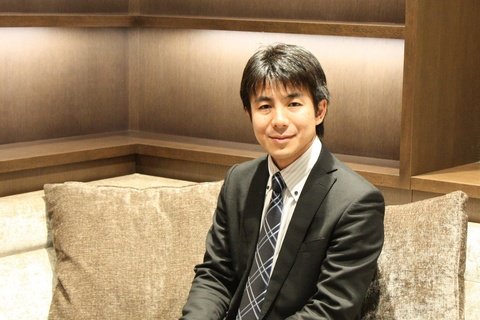
By using the case method, I realize that I can acquire practical knowledge and a strong sense of know-how by putting myself in the shoes of top management.
Yusuke Masai
Graduate, March 2017
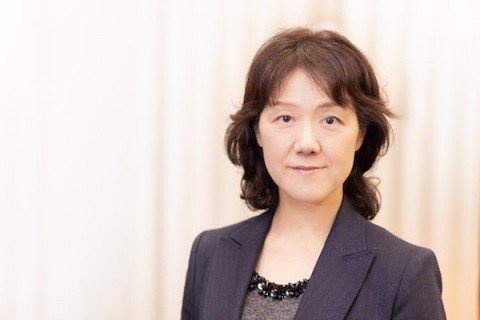
I was pleasantly surprised to find that what I had intuitively felt in practice was systematized and established through the co-creation that took place in the classroom, and I was captivated by the courses at the NUCB Business School.
Yoko Fujimoto
Enrolled April 2019
Pfizer Japan Inc.
Executive Officer

My classmates and professors are full of enthusiasm and this pushes my motivation beyond imagination. This has been the most interesting experience in my life!
Aiko Enda
Enrolled September 2016
NTT Business Assoc. Co., Ltd.
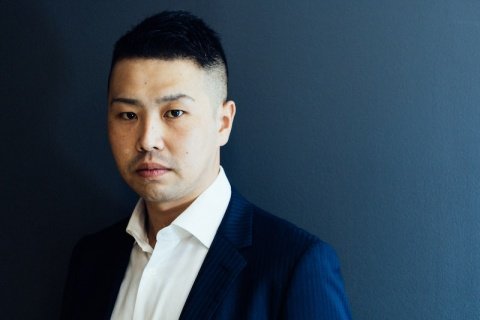
Through case studies, in addition to the knowledge of frameworks, I am able to gain new perspectives and awareness.
Sotaro Takahashi
Spring 2020 MBA
Pharmaceutical company
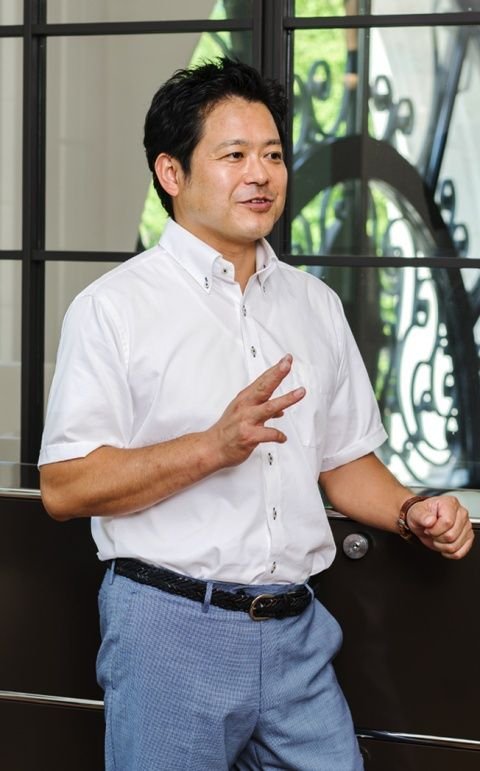
Most of my career so far has been in the medical and nursing care industries, but being able to discuss common topics with people from various industries has broadened my perspective. I have also been able to evaluate my company objectively, and its actual performance has been improving.
Takeshi Tsuzaki
Graduated March 2017
Sanctity Inc.
Representative Director
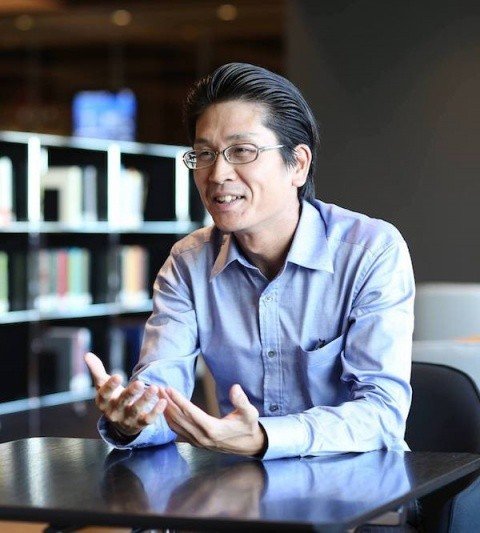
As a working doctor with only a monthly salary, I was tormented by a sense of crisis when I realistically thought about taking over my family's medical corporation. In an age when users choose medical institutions, an MBA can be a great weapon.
Dr. Reiichi Murakami
Graduated March 2016
Murakami Shinmachi Hospital
Vice President
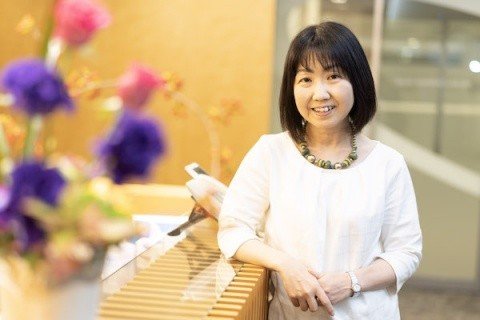
What I felt when I enrolled in the NUCB Business School was that I could not only acquire knowledge of frameworks, finance, and accounting through classes given by excellent professors, but also receive tremendous input from my classmates who are active in various fields. I believe that I have found a place where I can truly grow.
Yukiko Kitajima
Enrolled September 2019
Taisho Pharmaceutical Co.
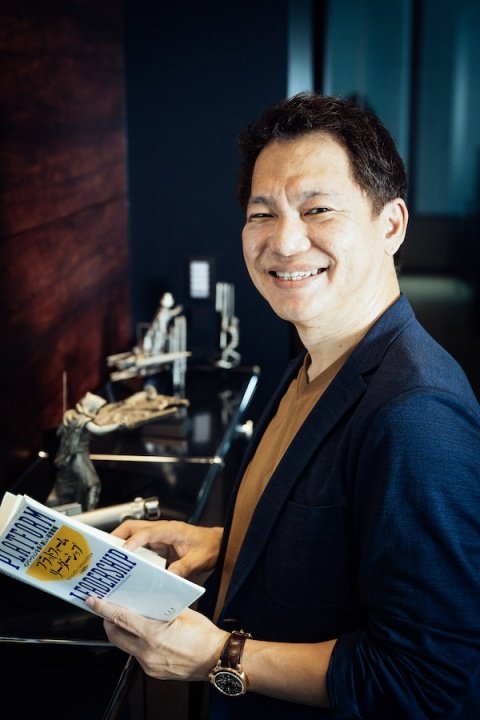
In the age of VUCA, the ability to come up with the best answer within a limited time and many constraints is required, and the NUCB Business School fosters this ability. Being able to learn how to think in a way that can be applied to any situation, rather than the only answer based on knowledge, has been a great asset for me.
Kazushige Sakai
Enrolled April 2019
Toyota Motor Corporation
Chief Accountant / U.S. Certified Public Accountant
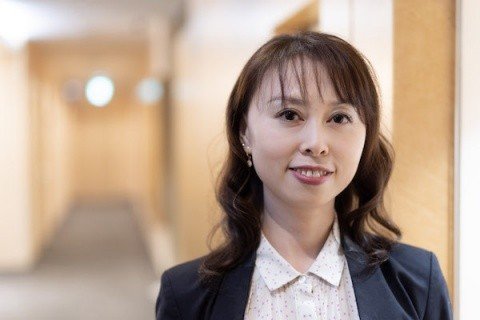
I enrolled at the NUCB Business School, and I keep asking myself, "What would I do if I were a manager?" I ask myself every day. Through discussions with many different people, I learned to accept different standards of judgment and values, and gained life experience at a very fast pace. It's been the most fulfilling experience I have ever had.
Chie Ando
Enrolled September 2019
Major automotive parts manufacturer
Employee
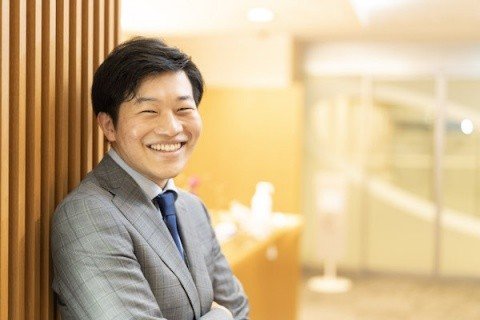
As a person who relied on my instinctive senses to develop my business, I was able to get what I wanted most. It's a great opportunity to learn the principles of business in a systematic way.
Yoichi Toyoda
Graduated September 2019
VDT Corporation
President and Representative Director
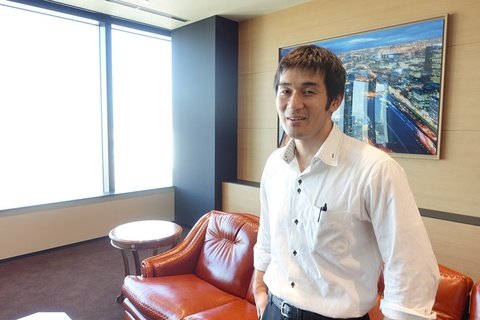
It's a natural environment to think with everything that you do and create an atmosphere for discovery. The faculty inspires students' ambition with knowledge and skills.
Hiroya Mizuta
Graduate, March 2016
Toyota Motor Corporation
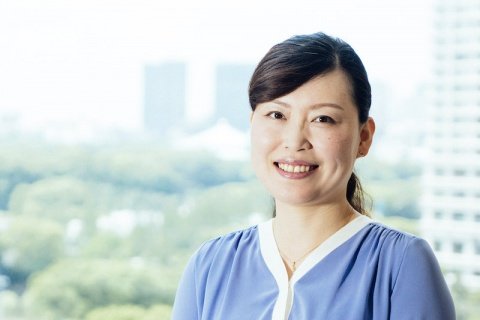
I look forward to lectures as I prepare for them, wondering what new perspectives the professor and classmates will have. It's hard to balance work and study, but I can feel myself growing with each subject, and it's a meaningful time that leads to a brighter future.
Izen Toyota
Enrolled April 2020
Microsoft Japan Co.
Account Technology Strategist
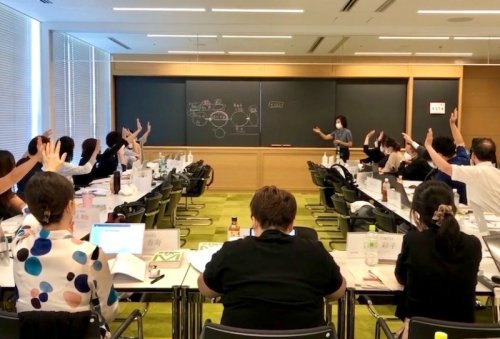
EMBA × Green Techno 21《Business Analysis》
Professor Yuko Haga, who is also an independent consultant by profession for major companies, conducted the lecture on "Business Analysis," an EMBA module at Osaka Campus. At NUCB Business School, ...
READ MORE
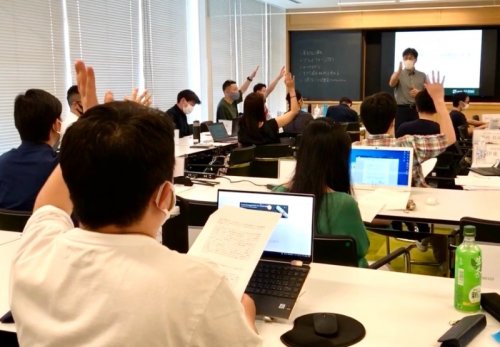
EMBA × GE《Strategic Management》
Professor Osamu Ueda, who is also an independent lawyer and management consultant conducted the lecture on "Strategic Management," an EMBA module at Osaka Campus in which he provides advice on corp...
READ MORE
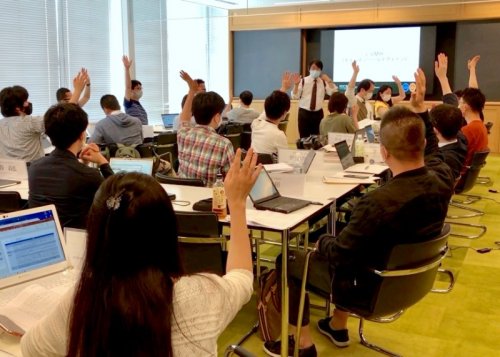
EMBA × LVMH《Corporate Mission & Strategy》
Professor. Mitsuyori Miyake conducted the lecture on "Corporate Mission & Strategy," an EMBA module at Osaka Campus. Prof. Miyake is an experienced practitioner with more than 30 years as a pri...
READ MORE
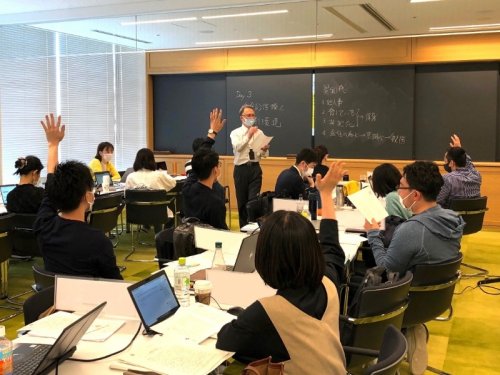
Corporate Governance and Business Ethics at Olympus
Introducing "Corporate Governance and Business Ethics," an EMBA course which will start on May 8 at the Osaka Campus. Professor Hirotomo Abe, who is in charge of the class, is an outside director o...
READ MORE
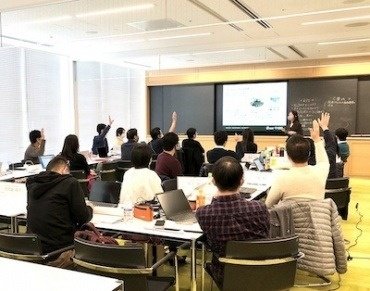
《EMBA》Crisis Management and Leading Change Professor Nana Otsuki
The Osaka Campus has been operating face-to-face classes since the fall semester of 2020, observing ventilation, social distance, and thorough countermeasures against viral infections, and will int...
READ MORE
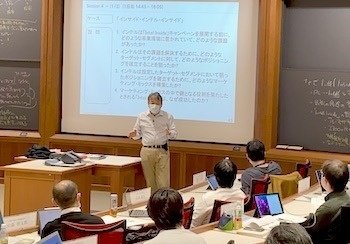
《EMBA》Organizational Behavior & Leadership, Professor Haruo Takagi
In the fall semester of 2020, Nagoya Campus will be operating face-to-face classes, observing ventilation and social distance, and taking thorough measures against viral infection. Organizational B...
READ MORE
MBA stands for Master of Business Administration, and three organizations accredit MBA programs internationally (AACSB, AMBA, and EQUIS). The standard MBA program in Japan and the U.S. requires one to two years of study. The MBA is a degree in business administration, not a proprietary qualification like those for accountants and lawyers.
In the U.S., the home of the MBA, 100,000 MBAs graduate per year. In addition, it has been reported that 60% of general managers in listed companies hold an MBA degree or higher. The two major industries in which demand for MBAs is high worldwide are finance and securities and healthcare and pharmaceuticals. This is because industries that barriers to entry have traditionally protected are undergoing restructuring on a global scale.
| Accreditation | AACSB・AMBA・EQUIS |
| Degree | Executive MBA・MBA・MSc |
| Language | English・Japanese |
| Duration | 2years・1Year |
Download materials that comprehensively introduce programs of study, employment, and international exchange at the NUCB Business School, as well as materials that introduce in detail the schedule and examination subjects of last year's entrance examinations, a collection of entrance examination questions, entrance examination data, and entrance qualification examination forms.
